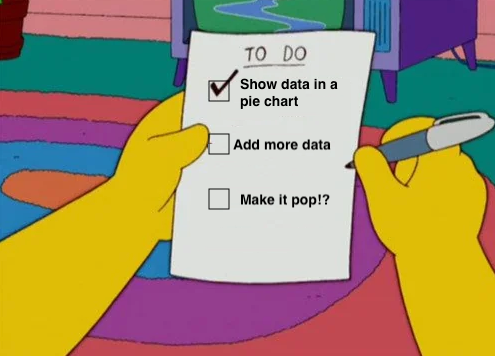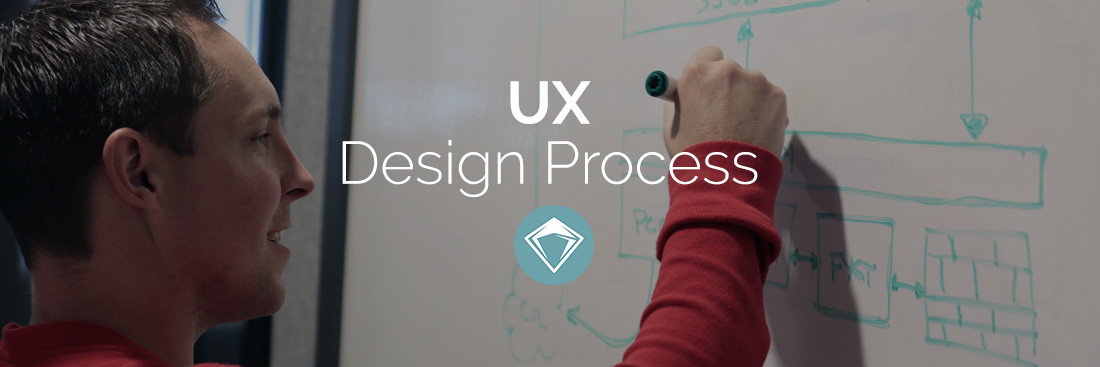The Foggy Realm of Unclear Requirements
Software Developer Productivity Killer #6: Unclear Requirements
Ahoy, tech aficionados! We’ve gallantly crossed the choppy waters of ‘status reports‘ and faced the daunting shadows of ‘dead code‘. As we continue our odyssey through the software development realm, our path suddenly goes dim—enter the fog of unclear requirements. And who doesn’t love a game of software mystery? Spoiler: not our trusty developer, Bob.
🤷♂️ The Chronicles of Bob & The Enigmatic Jira Ticket
One day, not unlike others, Bob logs in to find a Jira ticket. “Make it user-friendly,” it demands. Bob, momentarily pondering, wonders if turning it into a virtual teddy bear would suffice. That’s the rub with vague instructions: they leave too much room for wild, sometimes cuddly, guesses.
😕 Downfalls of the Ambiguity Abyss
- Brief Wonders: The ever-mystifying 5-word Jira tickets. Yes, brevity can be king, but not when it deposes clarity. It’s akin to gifting someone a book with half its pages torn out. Intriguing, sure, but not particularly helpful.
- Too Many Cooks: No need to hand Bob a magnifying glass and tweezers when he’s whipping up a digital feast. Give him the theme and trust his culinary genius. Over-specifying can leave him bogged down in trivialities.
- The Missing Link: Overly broad tickets that are essentially black boxes. Like asking Bob to “create a digital companion”. A companion like…a chatbot? A diary? A pixelated parrot?
- Hide and Seek with the End-User: As Bob often muses, “If I could just peer into an end-user’s daily dance, I’d craft tools in perfect rhythm!” Shielding developers from end-users is akin to commissioning a portrait blindfolded.
🧭 Steering Clear of the Fog
- Big Picture, Big Wins: Developers thrive on the full narrative, not mere snippets. Comprehensive understanding fuels both motivation and innovation.
- Bridge the Gap: Advocate for regular interactions between developers and end-users. Direct feedback not only invigorates but sharpens the toolset.
- Empower, Don’t Overwhelm: Product Owners should offer a map without dictating each step. Guide, provide context, and then trust in the journey.
- Frequent Iterations: Eschew vast tomes of documentation for a sprightlier approach. Swift feedback cycles, agile development, and recurring discussions clear away obscurity. Mind the Agile Manifesto.
Conclusion
Decoding the maze of unclear requirements isn’t for the faint of heart. It’s a ballet of precision and freedom. Bob’s tales remind us that clear directives require more than succinct tickets; they demand context, open channels, and a unified goal.
✋ Missed out on Bob’s earlier tales? From fending off the ‘open-plan disturbances’, navigating the ‘technical debt’, confronting the abyss of ‘dead code’, to wrestling with ‘status report duplicity’, it’s been an epic tale. Stay with us as Bob further charts the highs and lows of software creation, reminding us that well-marked trails ensure no traveler is lost!




